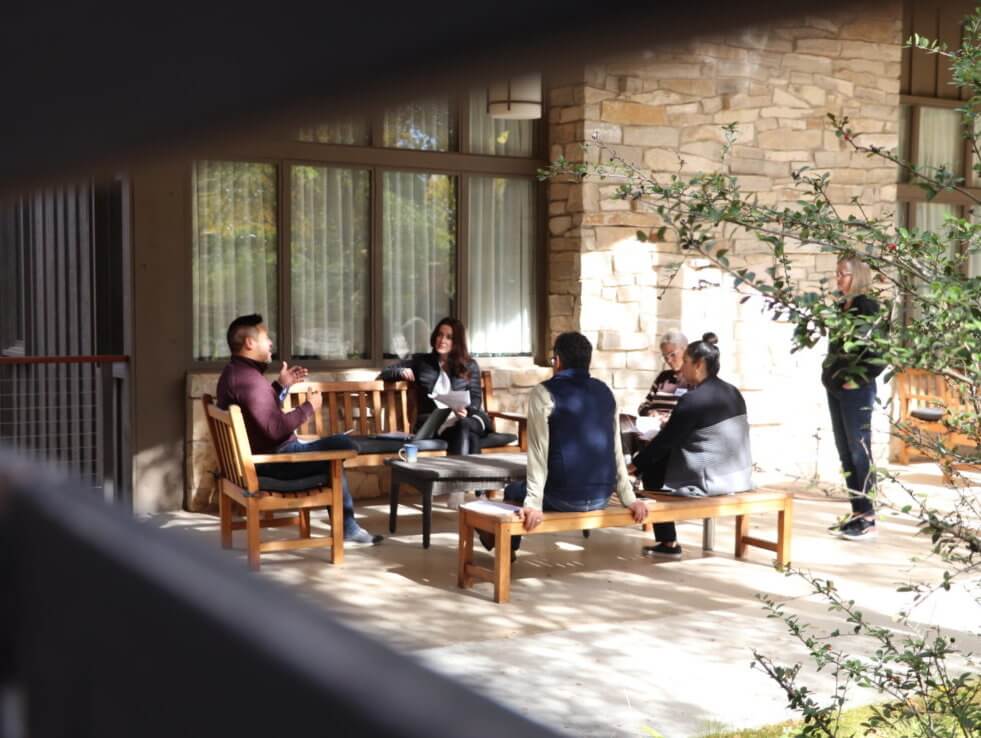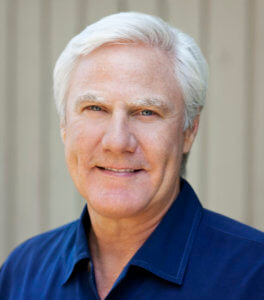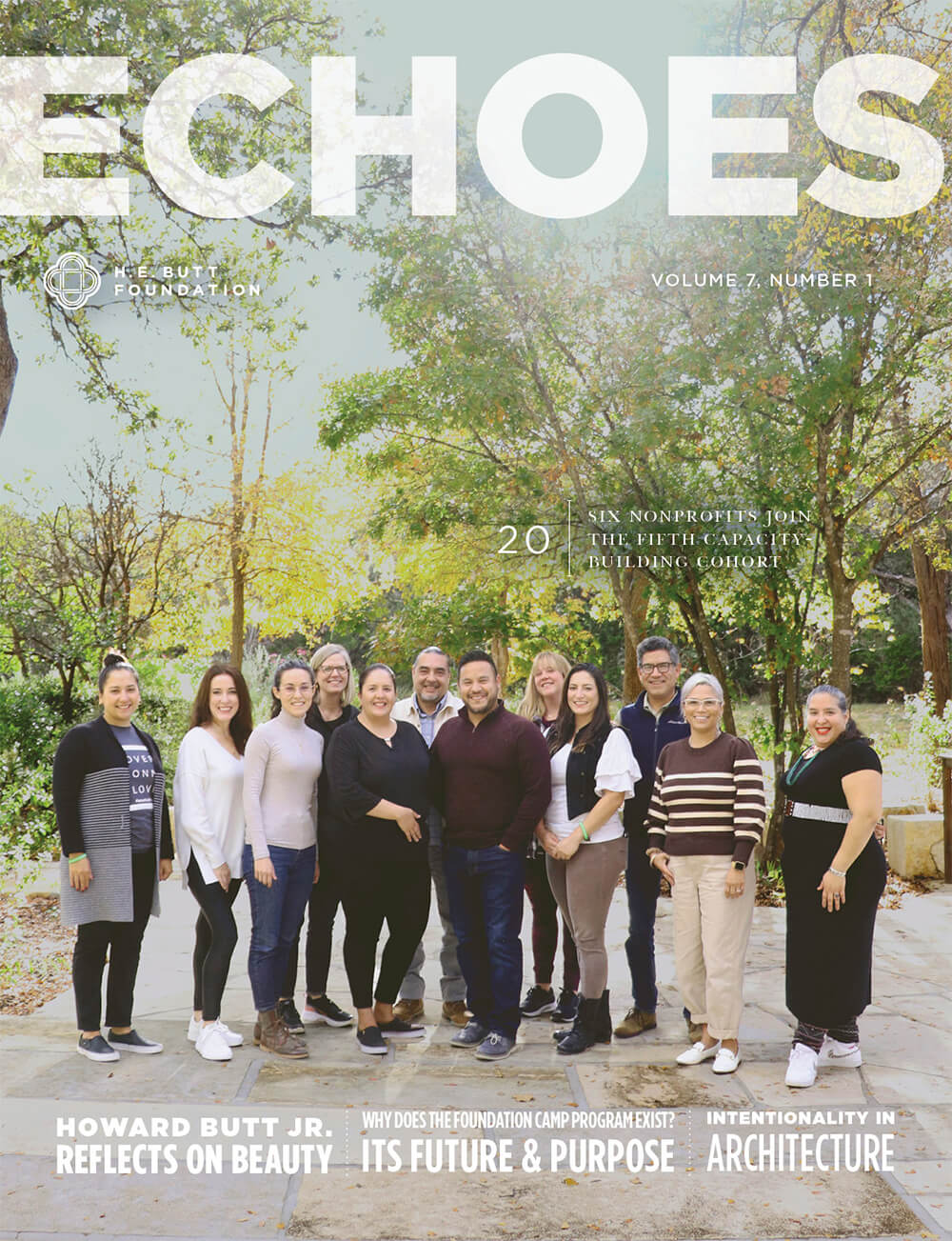
 Recently, I attended a conference on Zoom with various CEOs of large family foundations around the country. Our guest speaker was Arthur C. Brooks, a professor at both the Harvard Business School and Harvard Kennedy School and a columnist for The Atlantic. He’s also the former president of the American Enterprise Institute, a leading conservative think tank.
Recently, I attended a conference on Zoom with various CEOs of large family foundations around the country. Our guest speaker was Arthur C. Brooks, a professor at both the Harvard Business School and Harvard Kennedy School and a columnist for The Atlantic. He’s also the former president of the American Enterprise Institute, a leading conservative think tank.
Brooks lives in the middle of our national divide. He’s worked for institutions that are associated with opposing poles of our political culture. He also mentioned that he was raised by lifelong Democrats, while he identifies as a center-right moderate.
During the conference, Brooks focused on one of his recent books: Love Your Enemies: How Decent People Can Save America from the Culture of Contempt. We are living, he argues, in an age of contempt. We believe our own tribe is motivated by love, and the other side is motivated by hate. We are disgusted with each other. We mock each other. We don’t seek to reconcile but to humiliate.
But Brooks invited us to be healers, and his message spoke to me. As I watch the news, I see discord and disharmony everywhere. But the problem isn’t just out there—it’s also in my own heart, in our families, and in our organizations.
At the Foundation, several convictions drive our work, including this one: “Society can be polarizing, pushing us into judgment and fear.” In response, “we bring people and organizations together, inspiring empathy, building bridges, and honoring the dignity of all people.”
We do this in a variety of ways with our camps and retreats. One recent example comes from Laity Lodge Family Camp, which last fall hosted a retreat that merged families from two organizations in Austin that serve communities from very different parts of the city. The point was not to have diversity for diversity’s sake, but to build a bridge and offer people a chance to get to know neighbors we don’t normally interact with in our bubbled, subdivided daily lives.
We’re also doing this in our Community Engagement program and our narrative change work in San Antonio. In this issue, you’ll find photos and stories about how we’re creating opportunities for neighbors to connect across economic and cultural divides. I hope you’ll join those efforts if you live in San Antonio, and if not, that you’ll look for other chances to meet new neighbors—or even love your enemies.
After Brooks spoke, I read Love Your Enemies, and I bought copies for my friends, family, and a bunch of partners in our work. Everyone needs to hear this message.
And of course, Brooks didn’t come up with this idea on his own. It comes straight from the mouth of Jesus:
That message was timely in the first century. It’s been timely throughout the course of each of our lives. And to me, it feels more timely than ever right now.

—David Rogers
